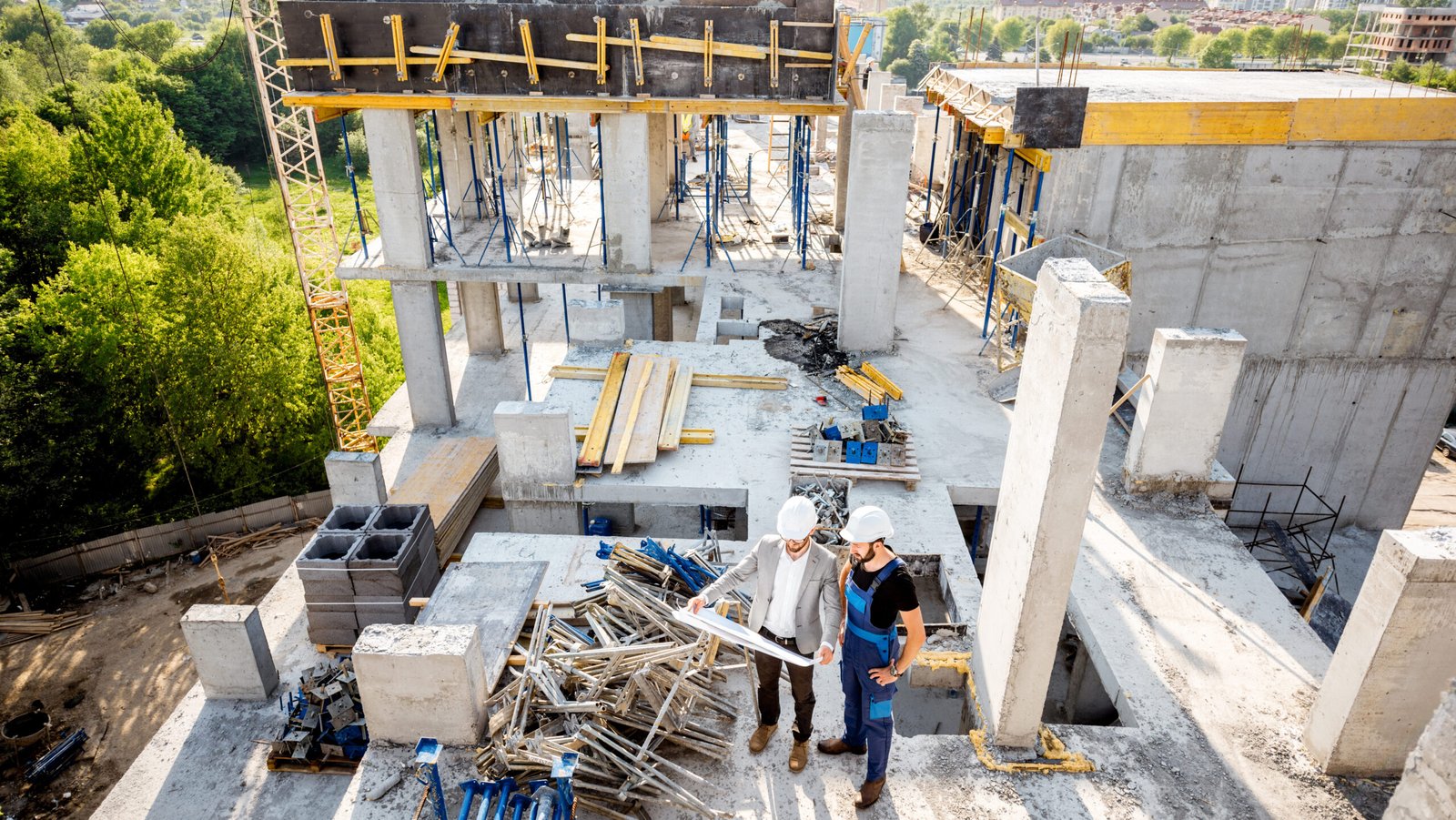The Joy of Timely Payments

Once upon a time…
…about two decades ago, we had a noble-hearted client who, knowing we were hesitant to ask for payments, kindly handed out a dozen postdated cheques. He said, “I don’t want to default on what’s rightfully due to you at each stage of progress”. We were the Architects designing his house, and I was the Project Architect.

Fast forward to the post-pandemic era, we found ourselves in a financial crunch, needing funds to cover monthly salaries. We sent out a few emails to friendly clients, requesting advances. When we received the full balance payment, I called this heartful client and said, “Cheenu Bhai, we only asked for some advance, not the entire balance!” His response was “I thought it would help you, keep it!”. We continued our services to him for another year until the project got completed.
Unfortunately, not all client associations are as joyful as these ones. In recent times, we’ve encountered many clients who avoid calls, don’t respond to payment request emails, delay payments, or even default on the remaining balance.
As a member of the AEC industry (Architecture, Engineering, and Construction), I’ve noticed that payment delays and defaults are quite common. In India, the culture surrounding payment delays has long been a concern. It extends beyond personal debts to business transactions and service payment dues. The tendency to postpone financial obligations has become ingrained in our society.

This blog post aims to explore the current payment behaviours in India, the reasons behind this culture, and the positive impact of paying on time and in full.
(Please note that I’m not exposed to professional transactions outside of India, so I’ll focus on the Indian context and the professional domain for this article).
I’ve heard more instances of such occurrences among my professional peers, who are Architects. This could be a common issue among other creative professionals who offer intangible services.
A Culture of Delay
It’s worth pondering the possible reasons behind the development of such a culture in Indian Services and Trade domains. The causes could be numerous, ranging from genuine financial constraints to a lack of empathy for the recipients’ needs.
However, the most concerning aspect is the attitude of considering this as ‘normal’ from both parties involved.
Impact on Businesses
Small and medium enterprises (SMEs) are particularly vulnerable to payment delays. Large corporations and even individual clients often postpone payments to service providers causing cash flow issues. This leaves smaller businesses struggling to manage their own financial obligations. Suppliers and traders are not immune either!
Cultural Attitudes
A scarcity mindset coupled with a distorted perception that ‘money held back is temporary profit’ may significantly contribute to this problem. This mindset can lead to a chain reaction of behaviour across the market. Delays or defaults can also occur when the value or services provided fall short of what was initially agreed upon or expected.
Consequences of Payment Delays and Defaults
Economic Ripple Effects
Delayed payments can trigger liquidity crises, especially for small businesses that operate with limited operating capital and tight margins. These businesses may struggle to pay salaries, procure raw materials, and maintain their operations. In severe cases, it could lead to the closure of the recipient’s business or operations.

Increased Costs
Defaults (or even delays) may result in higher service costs in anticipation. In addition to the standard cost of goods sold (COGS), the anticipation of losses due to delays or defaults leads to increased prices. This phenomenon is particularly evident in construction contracts.
Loss of Morale and Morality
Service providers are less motivated to deliver their best, which negatively impacts the overall quality of projects. When service providers suffer losses without compromising on their deliverables, the lack of motivation eventually manifests. This can also lead to unethical trade dealings / relations.
Service providers are less motivated to deliver their best, which negatively impacts the overall quality of projects.
The industry is evidently plagued by a lack of quality, lower professional satisfaction, and malpractices.
The purpose of this article is not to create a pessimistic outlook but to envision a future that differs from the current state.
The concept of currency has undergone significant transformations throughout history. From the ‘Barter’ era, where mutual trust was the sole criterion for value exchange, humanity has progressed to placing a price tag on almost everything.

Human transactions involve a variety of items, including precious metals, goods, paper currency, plastic, and now digital currency. It is important to remember that value exchange is exclusively for humans. Everything else in nature operates symbiotically.
The Joy of Timely Payments
In these challenging times of economic turmoil, wars, pandemics, and calamities, how can we cultivate a culture of mutual trust and respect? How can we support one another when the bare minimum we can do is to honour timely payments?

I must admit and confess that a significant portion of my clients are prompt paymasters. I am deeply grateful for their promptness. Their promptness motivates us to be prompt payees at our end of the chain.
However, being prompt at payments goes beyond earning brownie points from the receiver. It is truly a joy to discover when the receiver experiences delight, gratitude, and the giver is not left short. Both parties have been part of a flow, and it must continue.
In a world governed by cause and effect, where humans are a small part of the vast Universe, what benefit can we derive from holding onto what is due from us to someone in need? Whether we believe in the laws of nature or the concept of ‘Karma’, failing to feel the long-term consequences has its own impact.

In a world governed by cause and effect, where humans are a small part of the vast Universe, what benefit can we derive from holding onto what is due from us to someone in need?
In Conclusion…
Timely payments reduce financial stress. Paying on time fosters trust and strengthens relationships with lenders, vendors, and service providers. Punctual payments show reliability and respect. I see this as a critical piece of building one’s brand image.
While I despise payment delays and defaults and forgive debtors, it is worth focusing on the examples that I sighted in the beginning and play my part being a prompt payee.

I consider these simple acts of prompt timely and full payments as tiny contributors to the healthy business landscape. I can only urge readers to adopt such a practice and experience the Joy of Paying on time or even before in good faith to foster a new culture.
Article By: Sathish Desai, Principal Architect & Designer at CREO, Bengaluru
Disclaimer: The content in this article is from the author’s personal experience and his learning from various resources. It is intended to inspire and help people. Author is open to feedback and comments. This may be shared for the benefit of students & professional communities.





